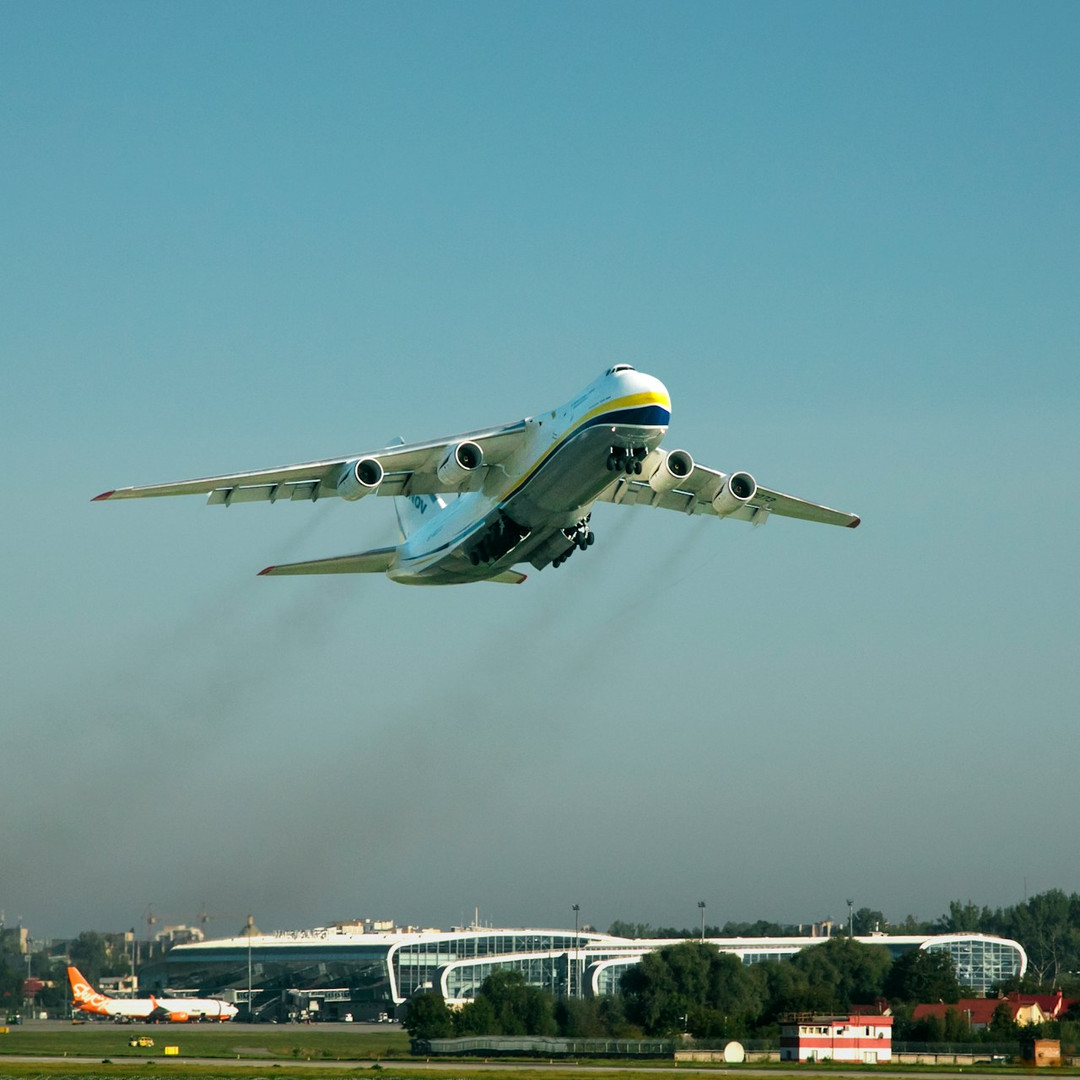The travel industry, which was hit hard by the coronavirus pandemic, was expected to start recovering this year as movement restrictions were eased. But Russia's invasion of Ukraine dimmed those prospects.
A large number of countries have closed their airspace to Russia, and Moscow has reacted in kind. With closed skies and flight cancellations, a cloud of uncertainty hangs over the immediate future of this crucial sector. But there will also be long-term consequences.
Safety fears will reduce demand
Shortly after Russia attacked Ukraine, the European Union Aviation Safety Agency warned of a "high risk" to commercial aircraft flying near the Ukrainian border.
Many travelers still have health concerns in light of the pandemic, and fear for their safety could be another reason to halt their plans for the foreseeable future.
Destinations near Russia are most affected by the situation due to their proximity to the war.
Data from ForwardKeys show that in the first week of the invasion, flight bookings in Bulgaria, Georgia, Hungary, and Poland declined the most, by 30 to 50%.
Rising fuel costs will increase travel prices
Global crude oil prices rose above $110 per barrel in early March as investors feared that Russian energy exports would be halted or curtailed as a result of the war.
Earlier this month, for example, Lufthansa said routing around Russia will increase costs for the German carrier by a single-digit million-euro amount per month.
A rise in ticket prices could lead to lower demand, which isn't good news for an industry already struggling to make up for pandemic-related losses.
The refugee crisis could make the pandemic worse
The number of refugees fleeing into neighboring countries to escape the conflict has exceeded 2 million, according to the United Nations High Commissioner for Refugees.
And the World Health Organization has warned that the humanitarian crisis in Ukraine and the influx of refugees could make it more difficult to contain the spread of the coronavirus.
"Without peace, there will be no health," Dr. Michael Ryan, executive director of the Health Emergencies Program at WHO, said in a news briefing in early March.
He believes that conditions in Ukraine provide "the worst possible ingredients for the amplification and spread of infectious disease" because when people are stressed and on the move, and not eating and sleeping well, their immune systems are weakened.
Is it safe to travel to EU countries?
With the ongoing conflict in Ukraine, many people are wondering whether or not it's safe to travel to members countries of the European Union.
In a survey by MMGY Travel Intelligence, 62% of Americans cited the possibility of the war in Ukraine expanding into nearby countries as a reason to not go ahead with their travel plans to the EU.
Only 31% listed COVID-19 as a reason for concern, and 47% said they prefer to wait and see how the situation develops before making plans for the coming weeks and months.
However, experts say it's safe to visit EU countries because there's no declared threat from Russia. EU countries themselves have not advised against non-essential travel to other EU countries.
The only travel warnings in effect because of the war are for Ukraine, Russia, and Belarus. None of the three countries is a member of the EU.
Experts say they understand that concerns about canceled planned vacations are in no way comparable to the suffering of the Ukrainian people, but they argue that it's important to keep the tourism industry alive in Europe.
In their opinion, European countries can only support the incoming refugees if they're economically strong.
“Due to the pandemic, many workers in the sector have been laid off. Once the tourism sector fully recovers, not only will these workers get back to work, but there will also be new workplaces for the refugees so that they can work while waiting for the war to end,” SchengenVisaInfo.com quoted experts as saying.
They say Greece is a great example as it has decided to open 50,000 jobs in the tourism industry for Ukrainian refugees and Greek expatriates.
You should still be cautious
Although the EU is considered safe for travel, you should take the necessary measures before and during your trip. It's important that you keep up to date with the latest developments in Ukraine that could affect your safety.
If necessary, contact your country's embassy in your chosen destination to obtain the necessary information before you begin your trip.
Experts recommend travel insurance plans, which allow you to cancel your trip and get all your money back without having to give a valid reason. If peace of mind matters to you when planning your trip, this is an option that you can consider.
